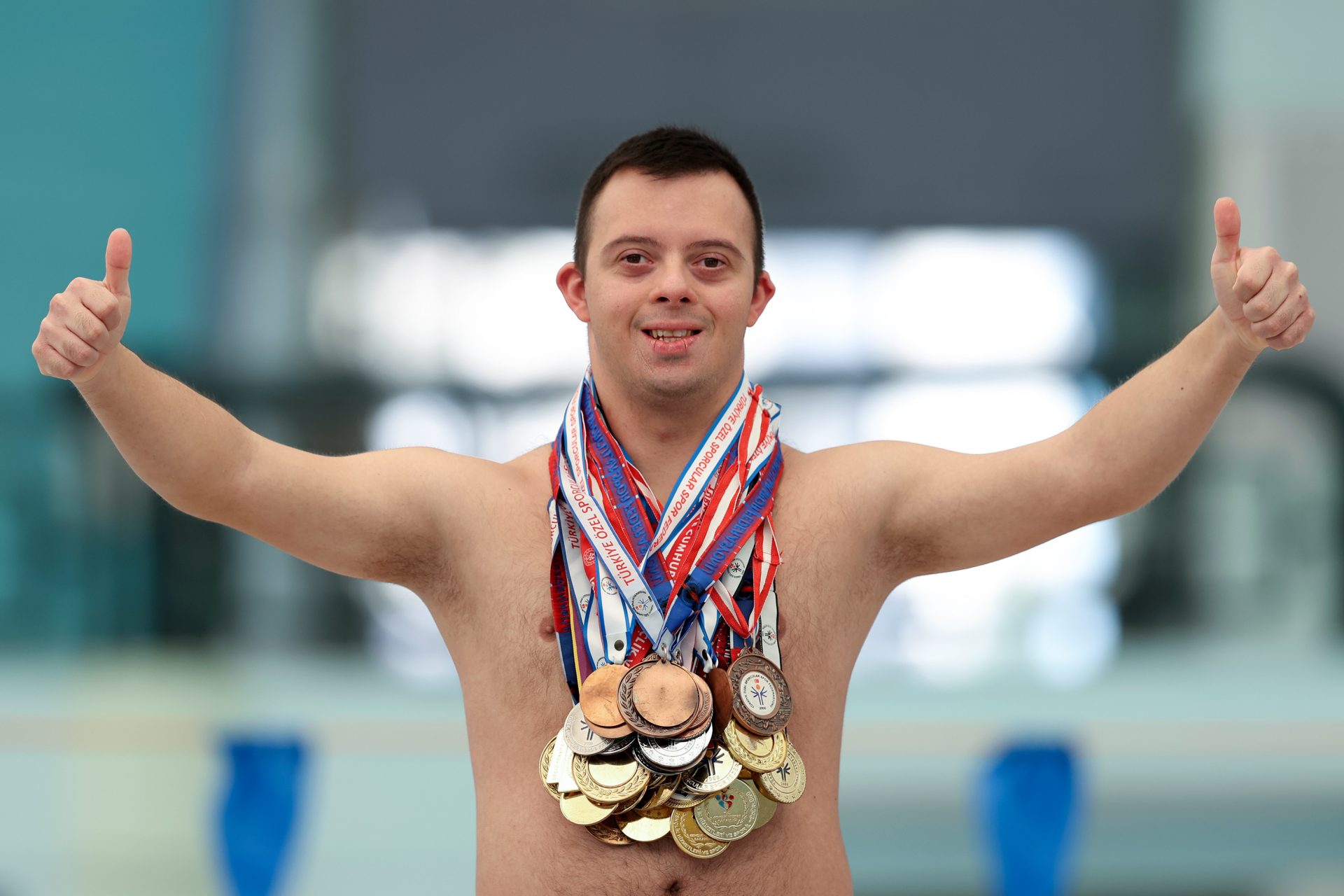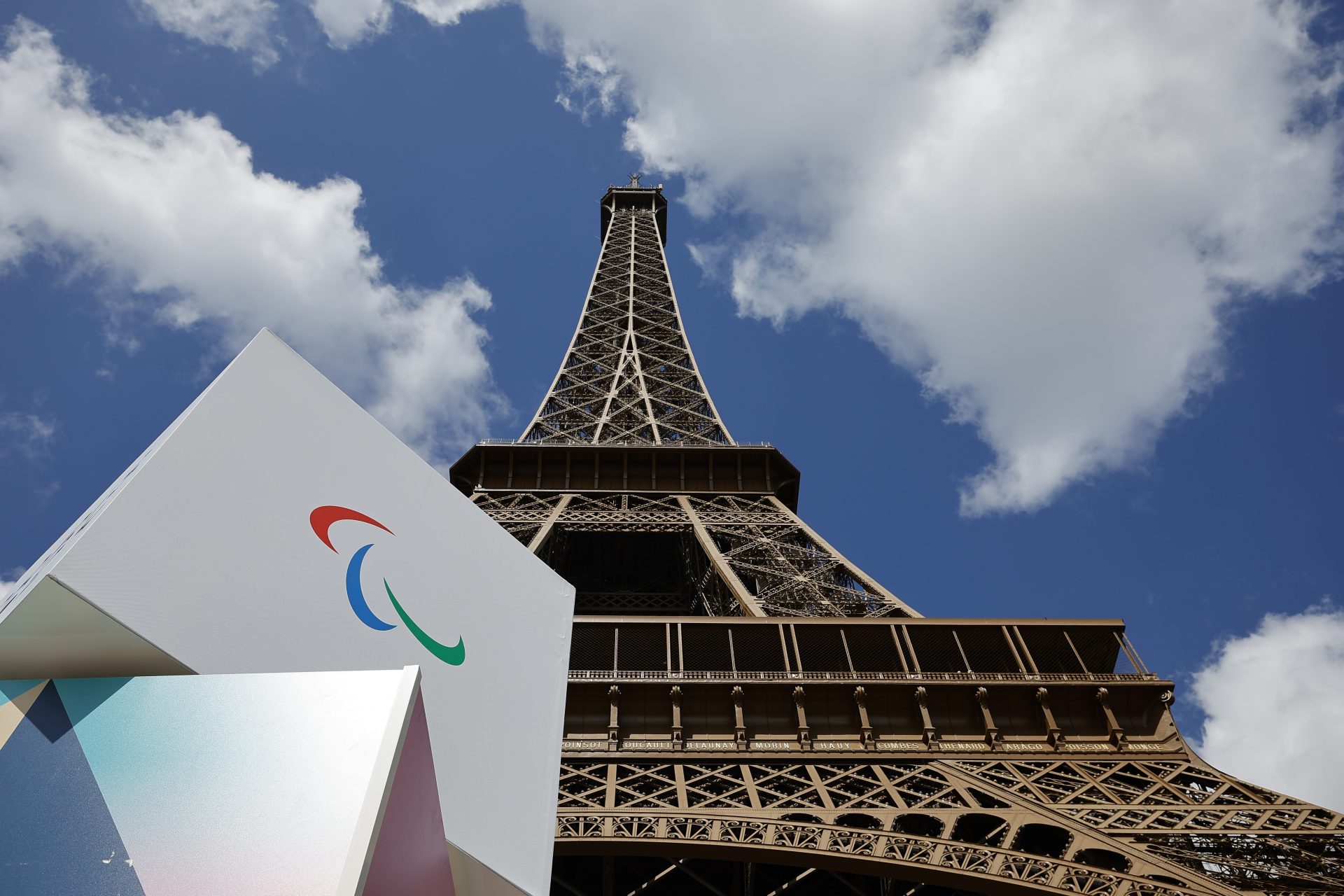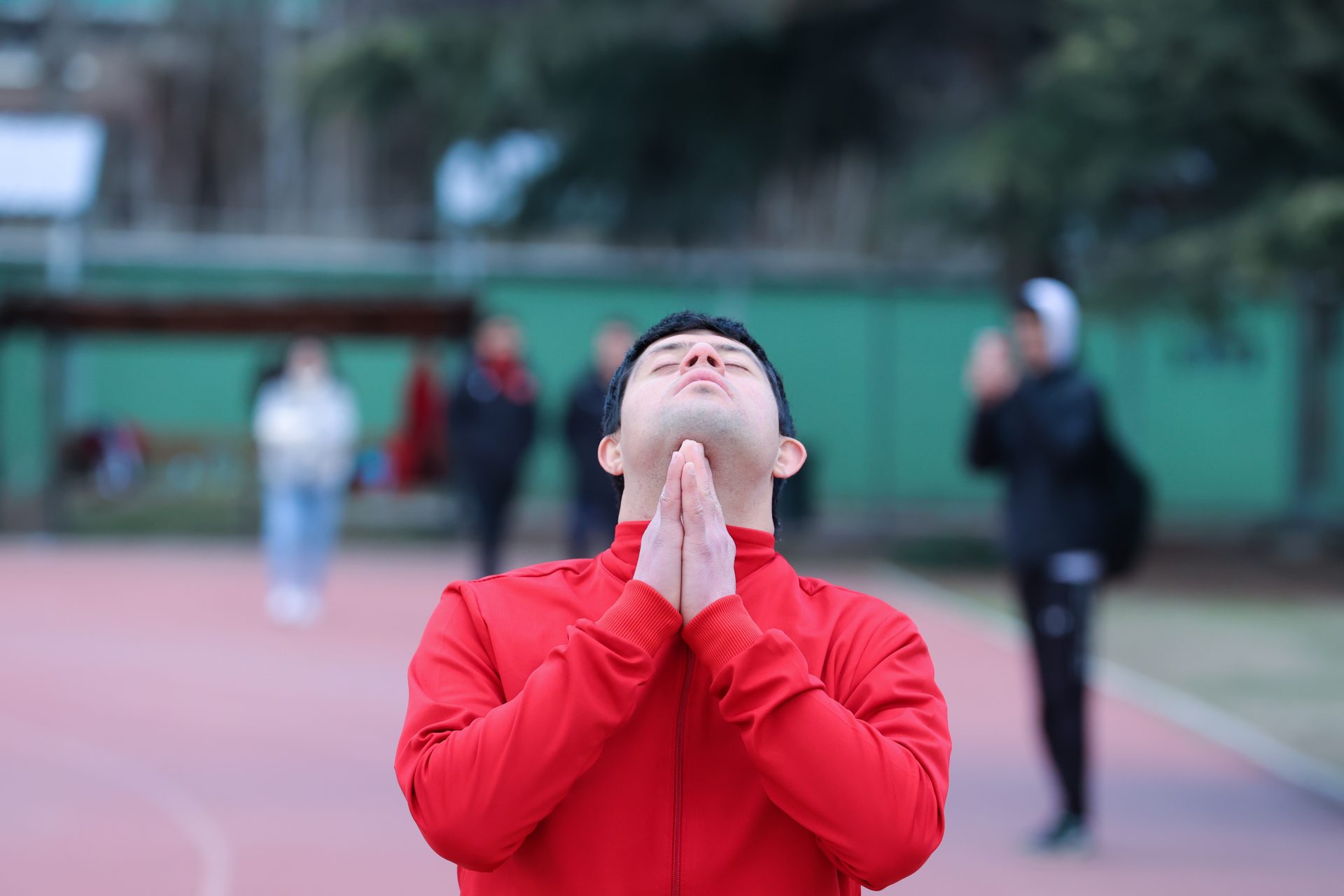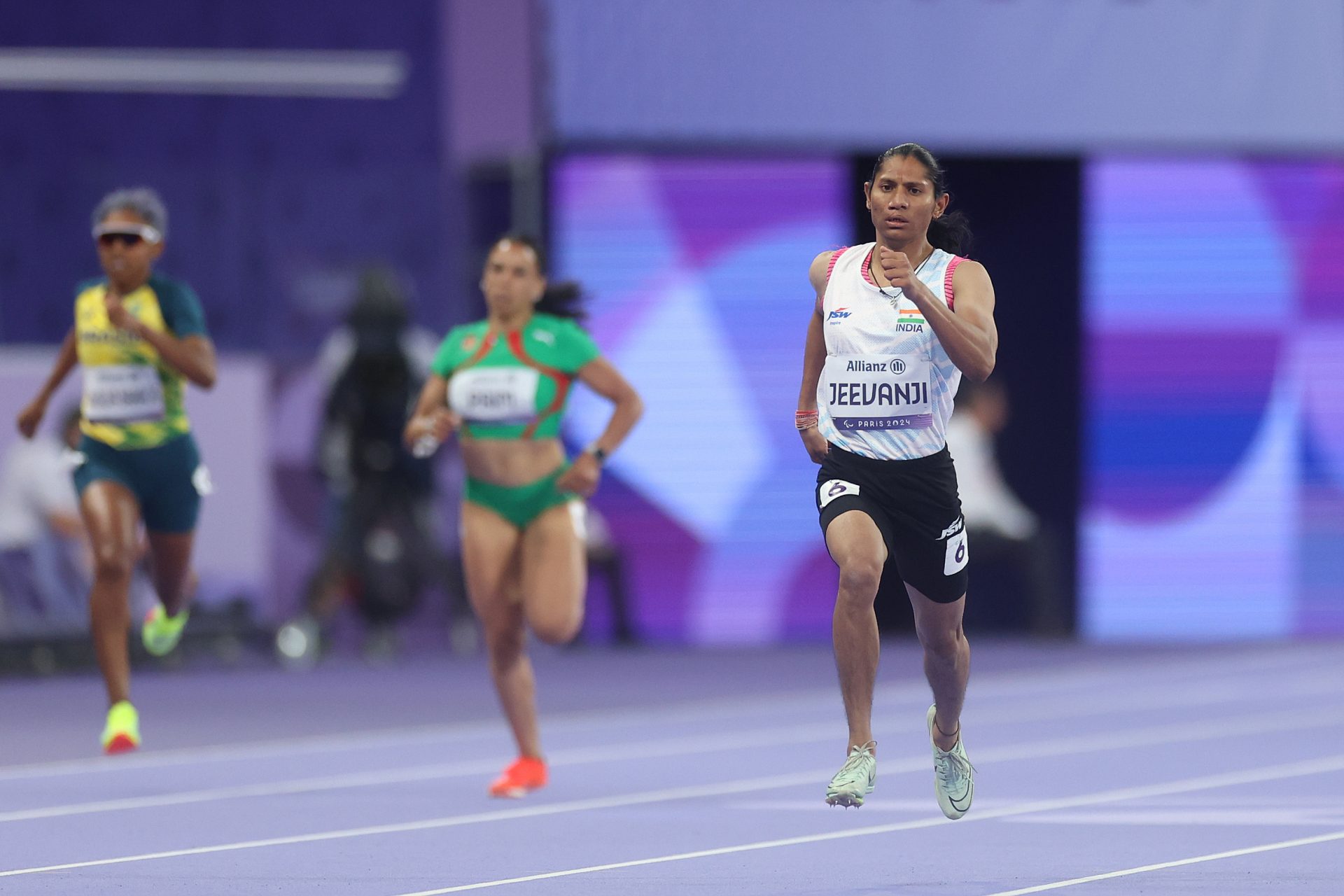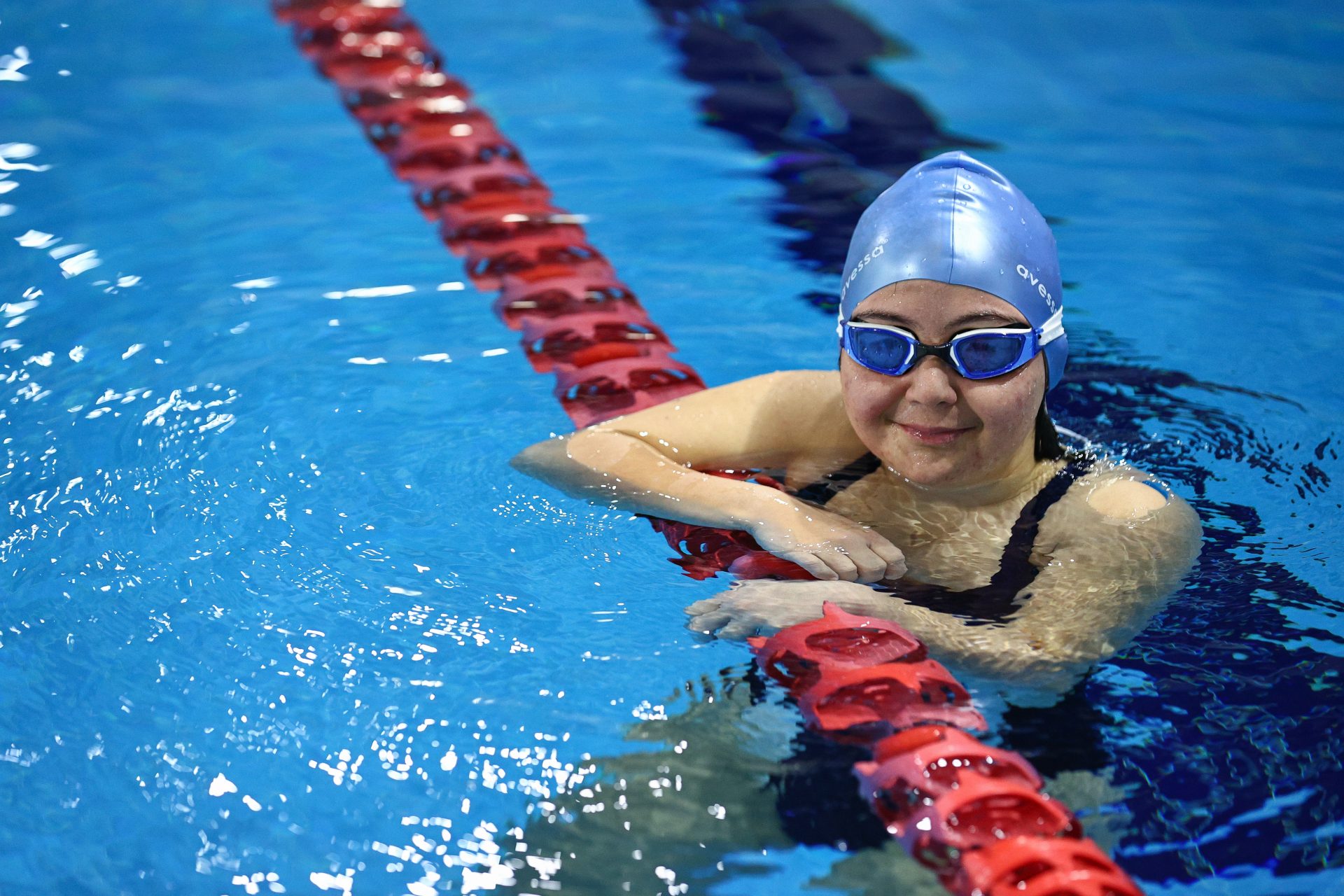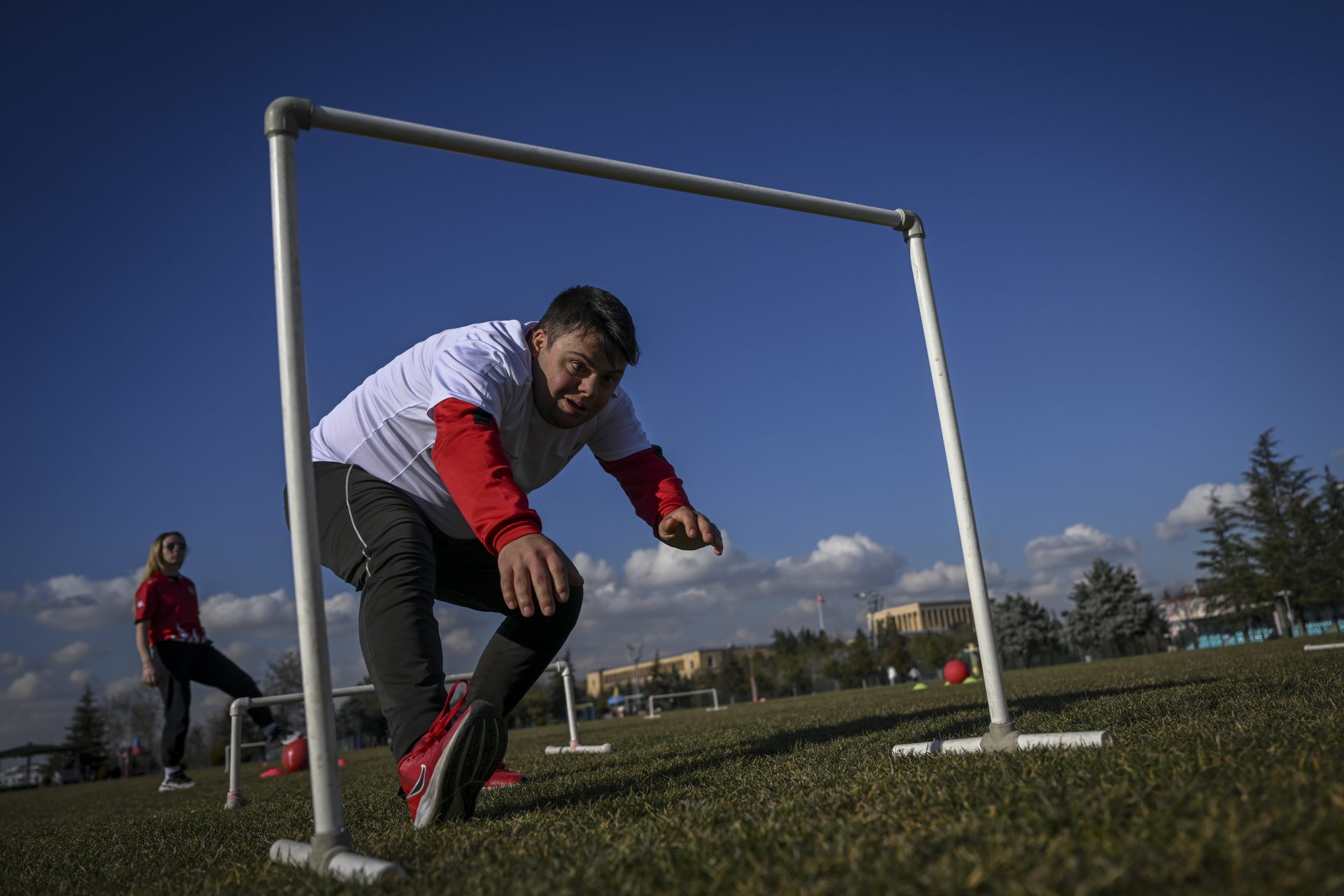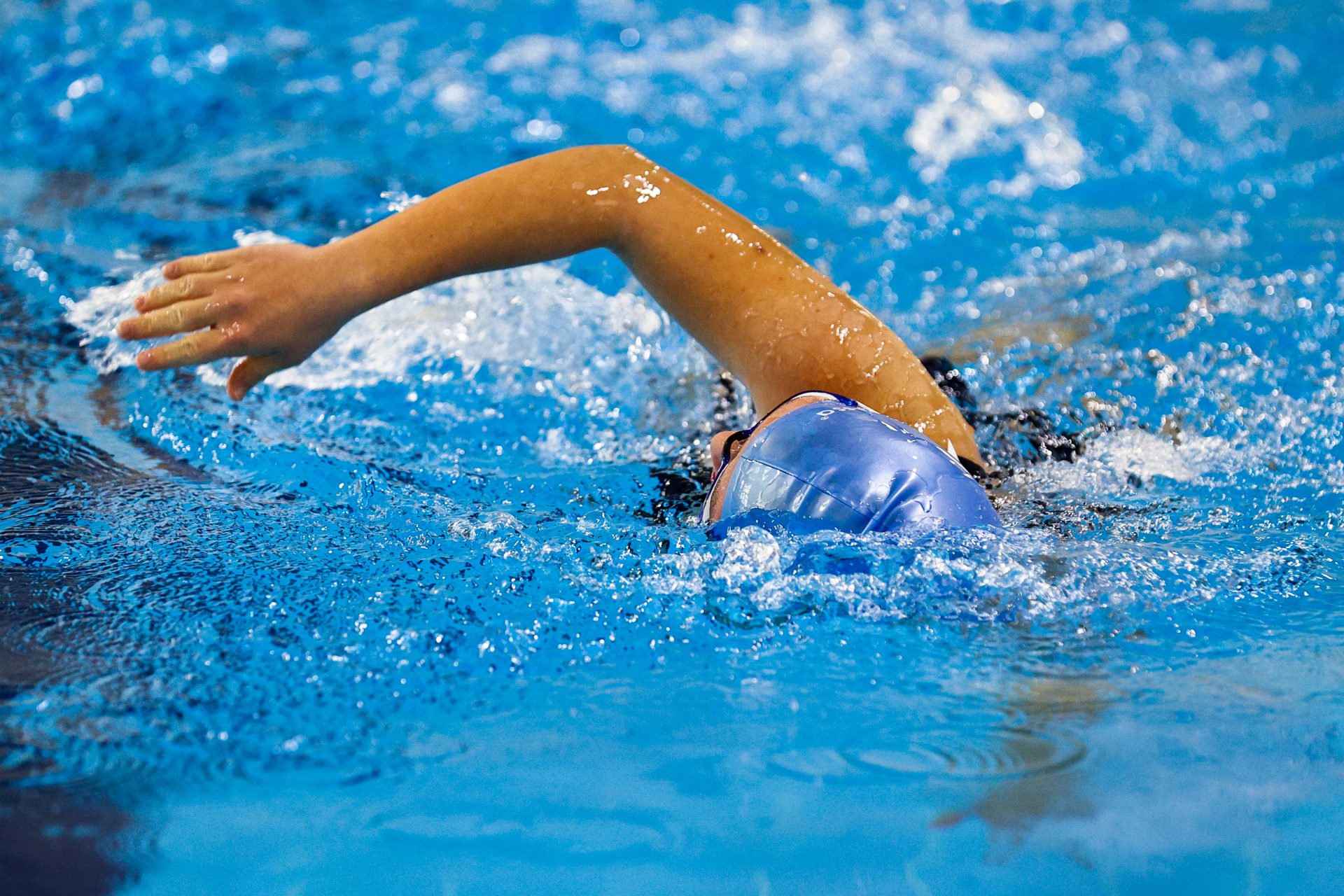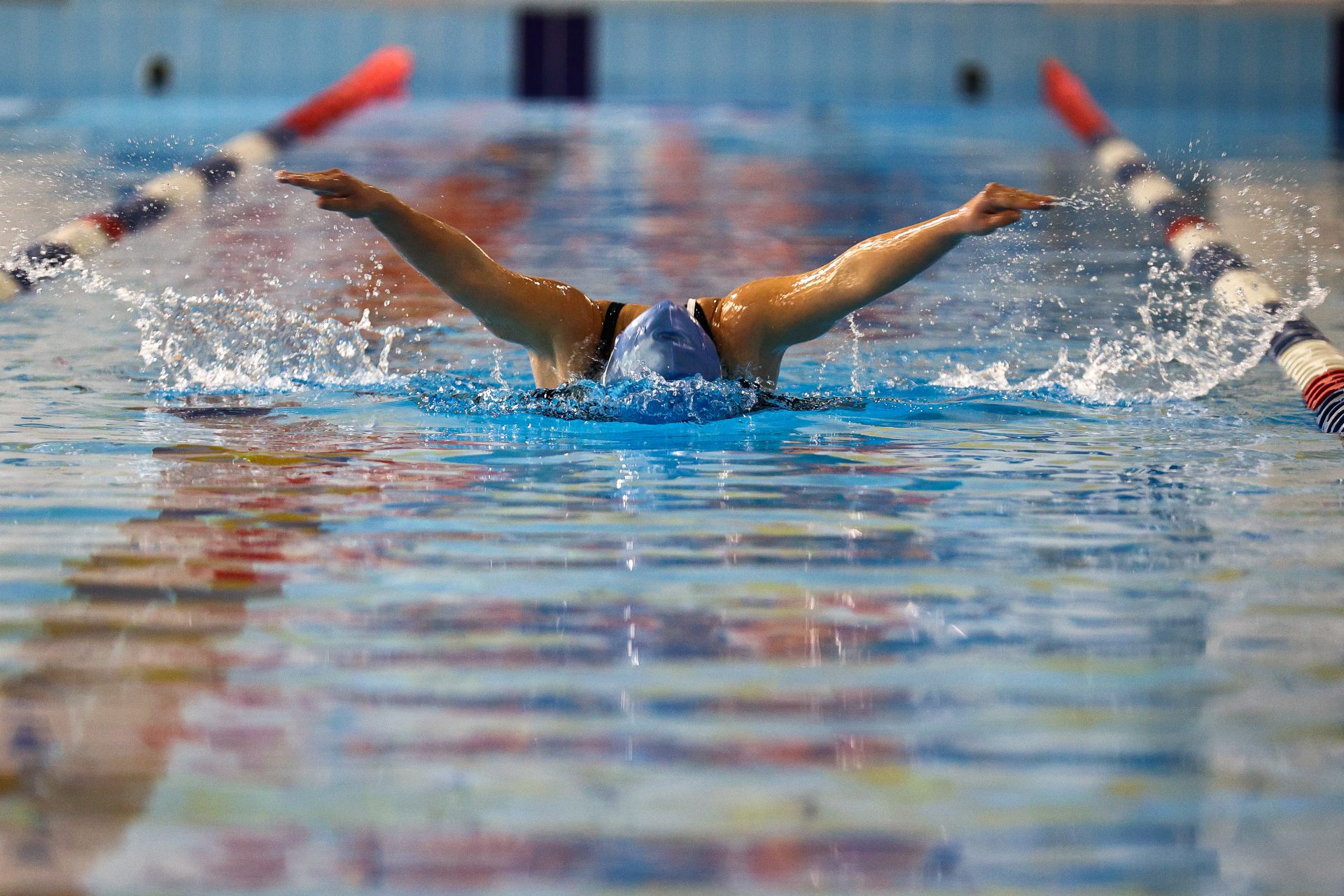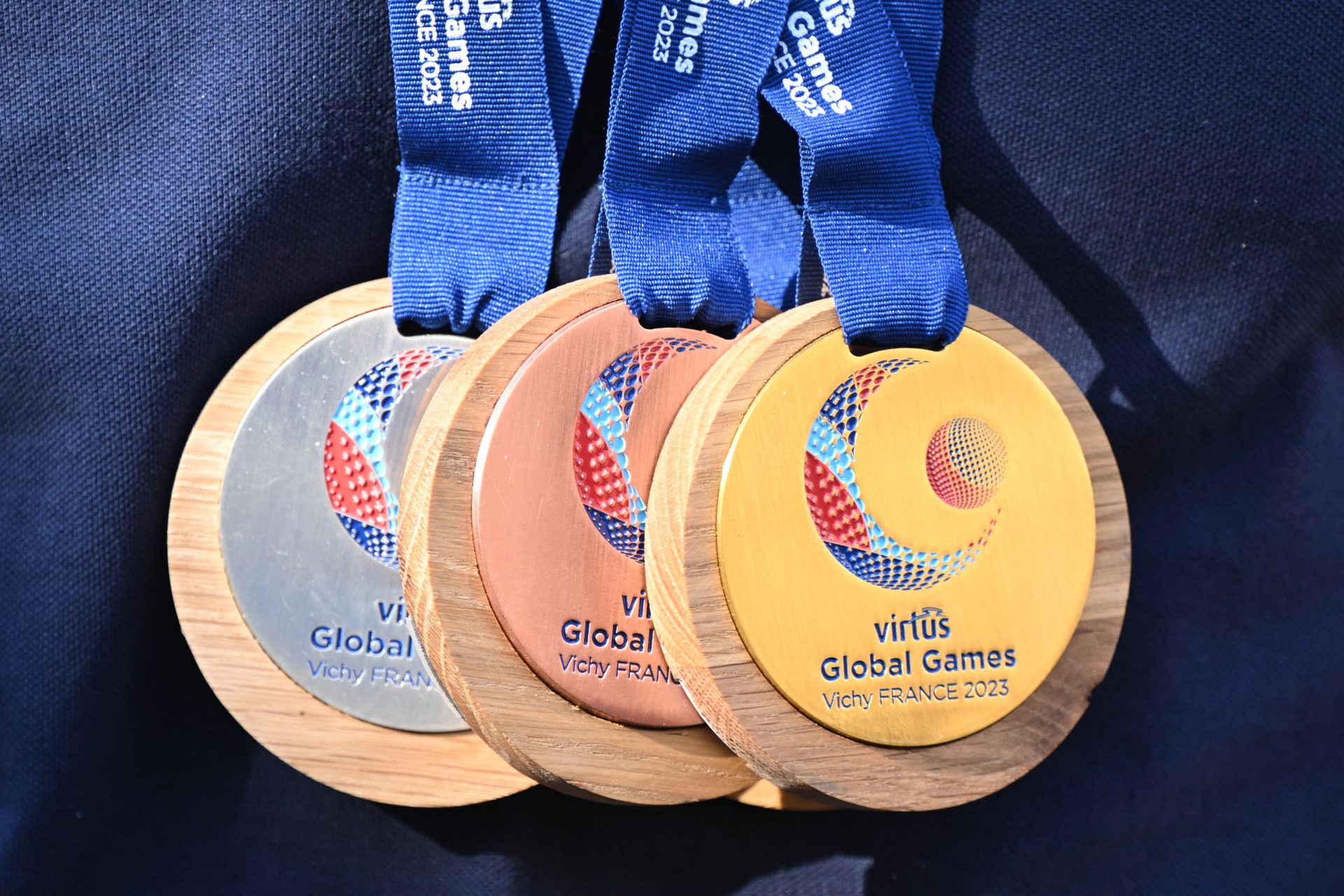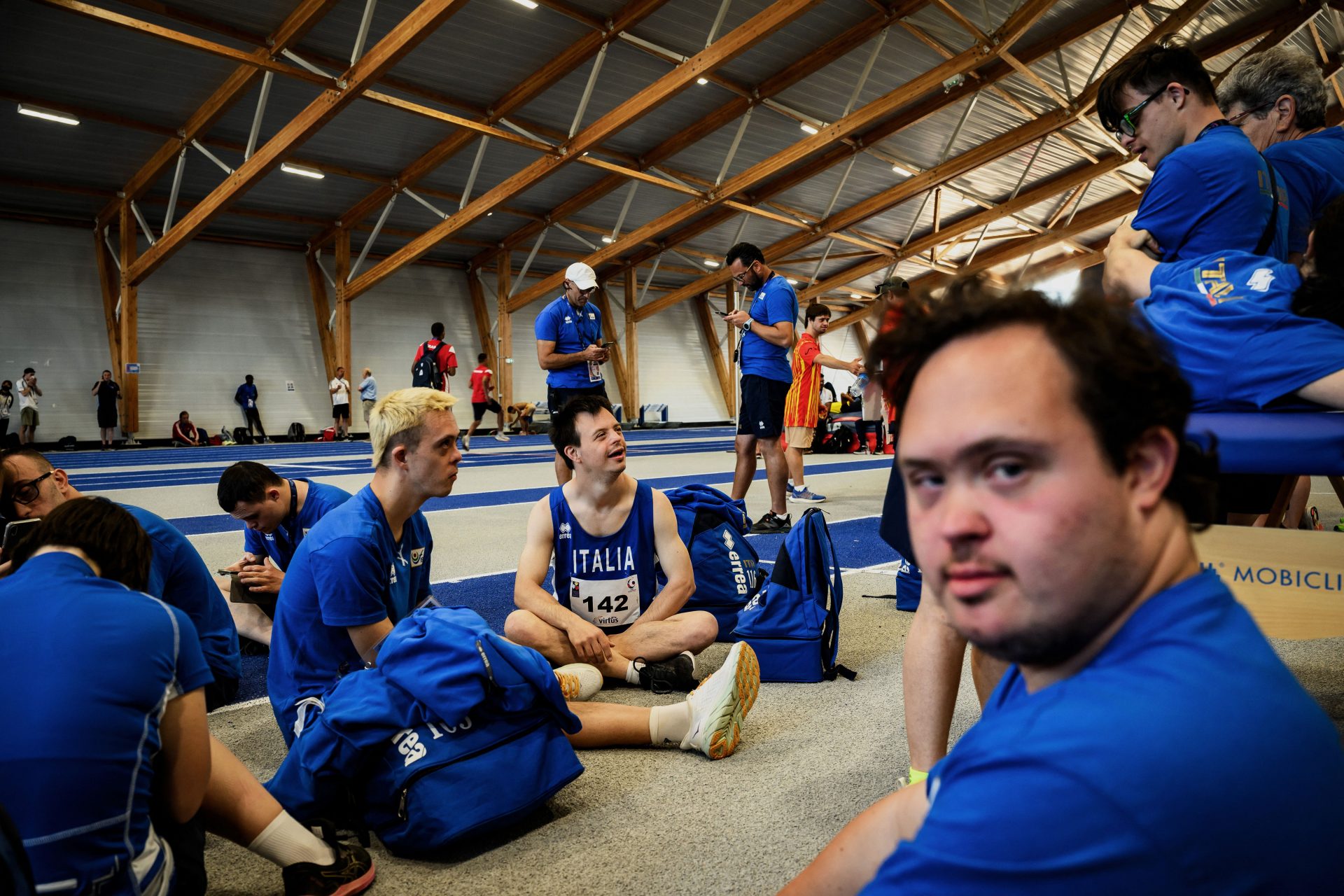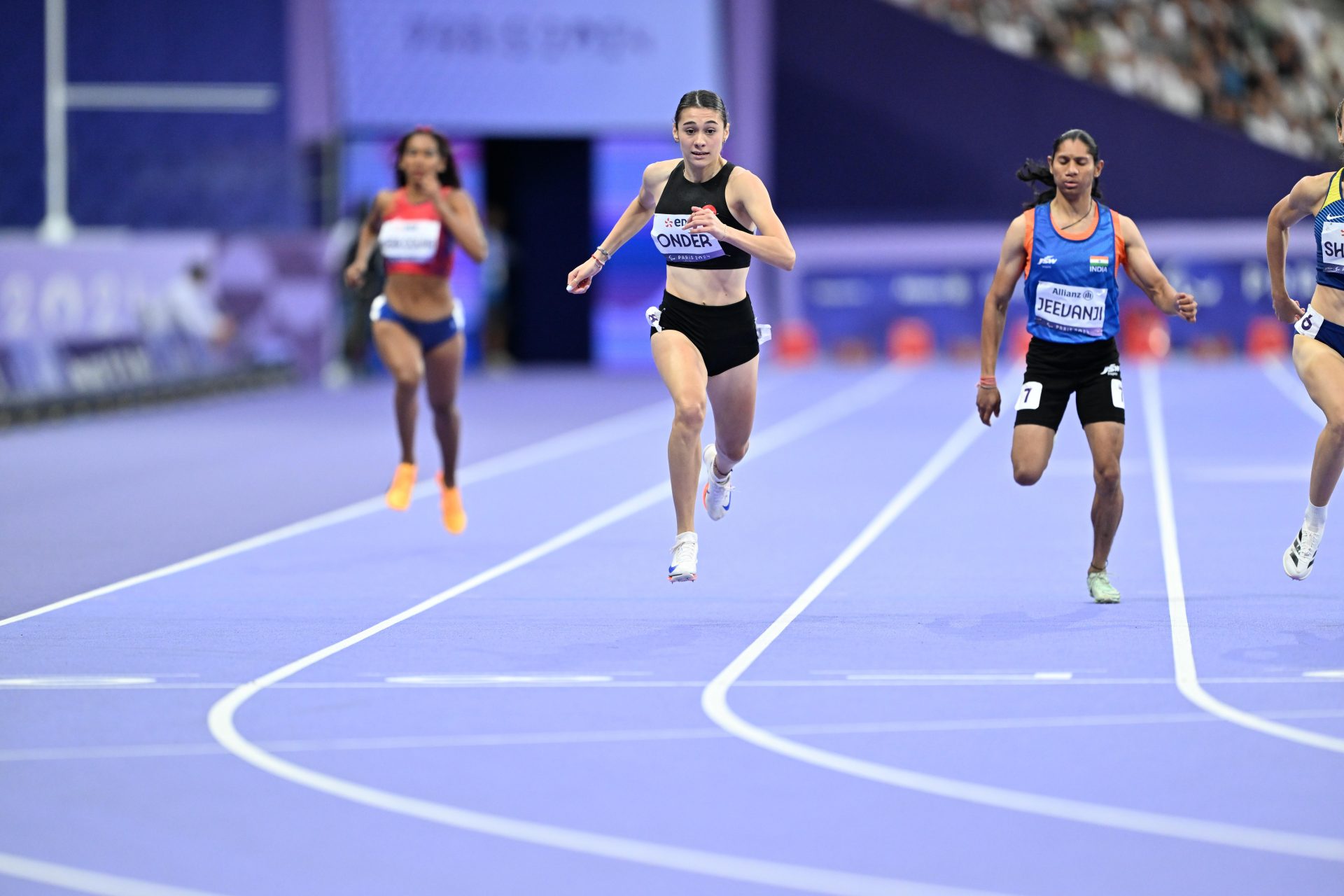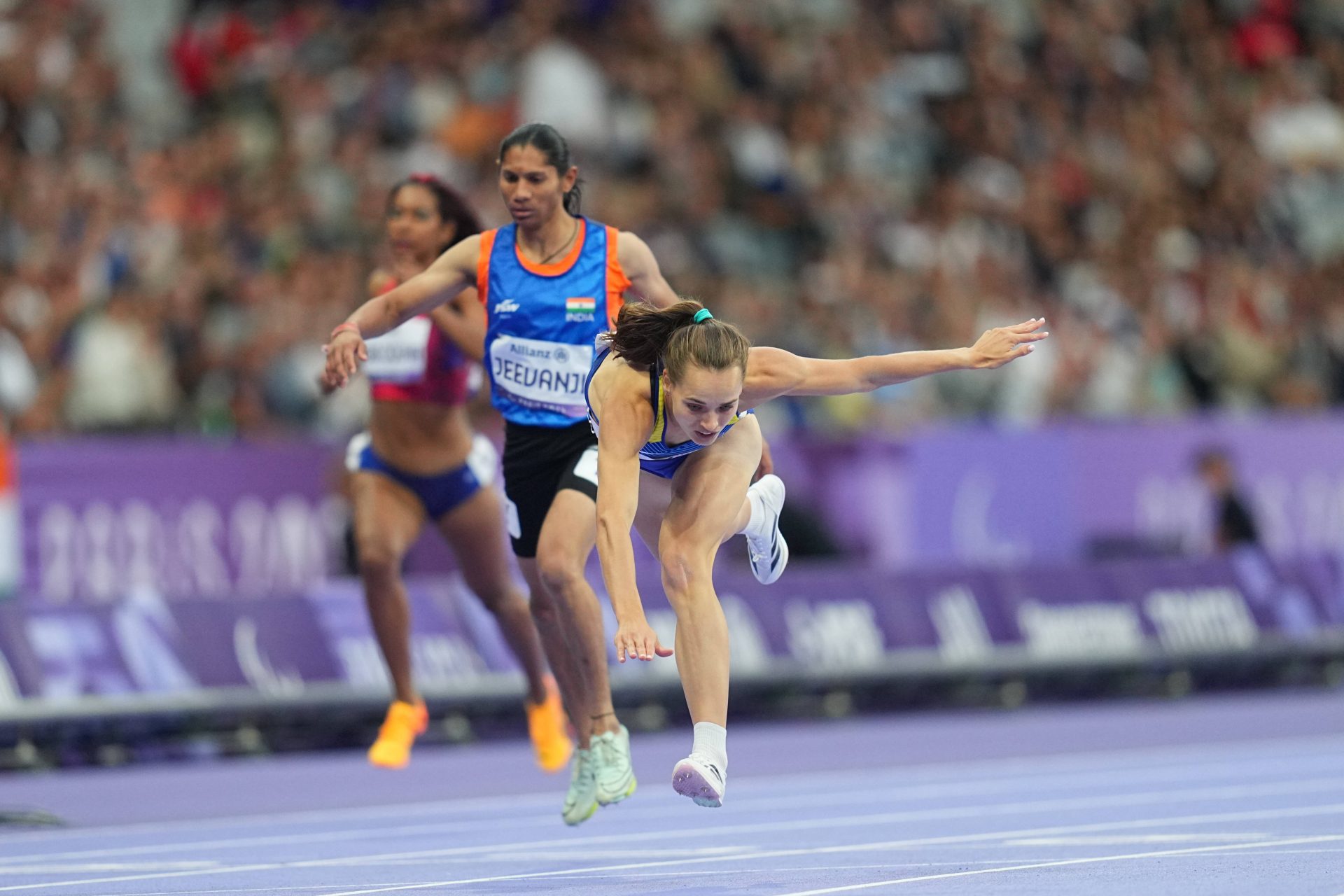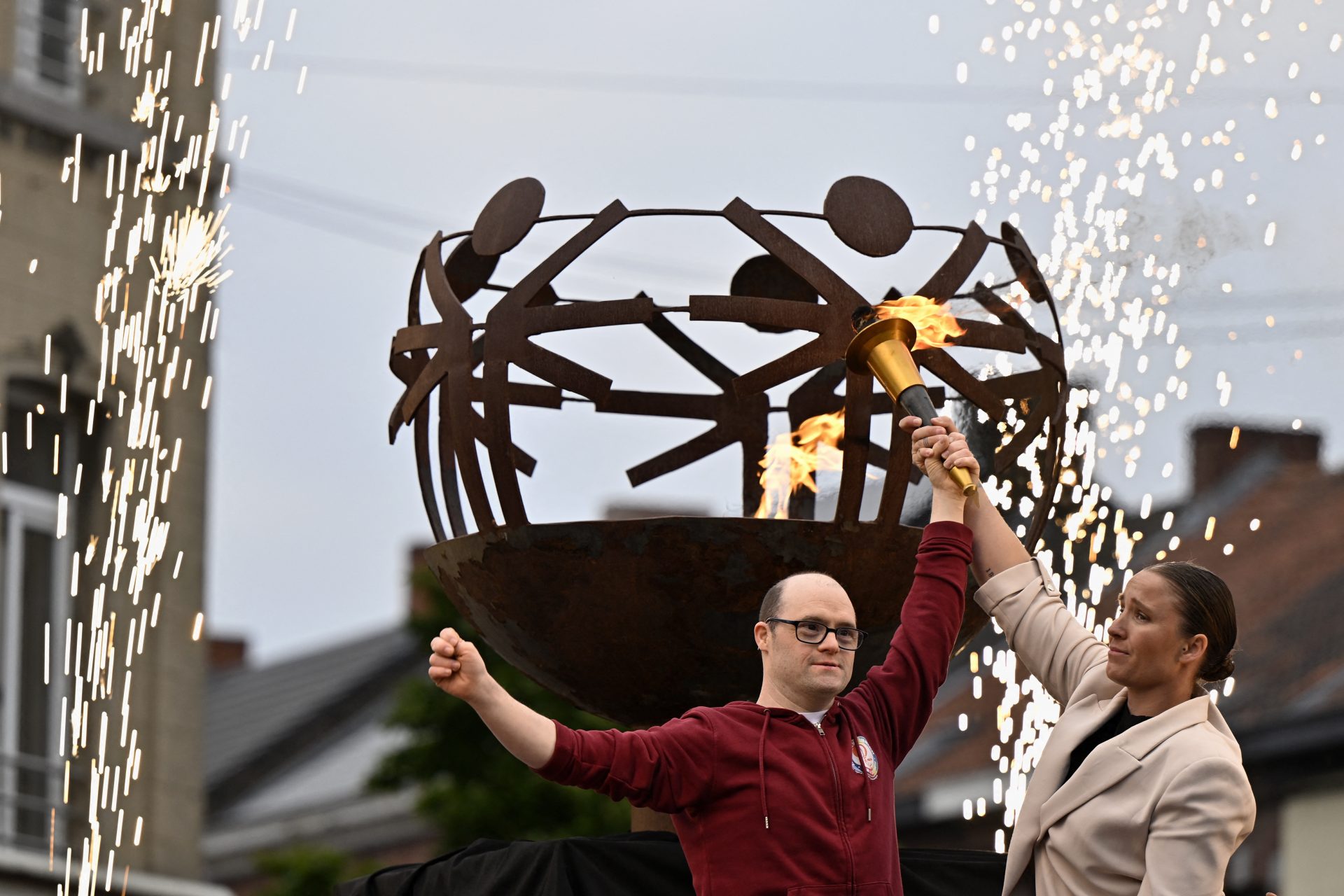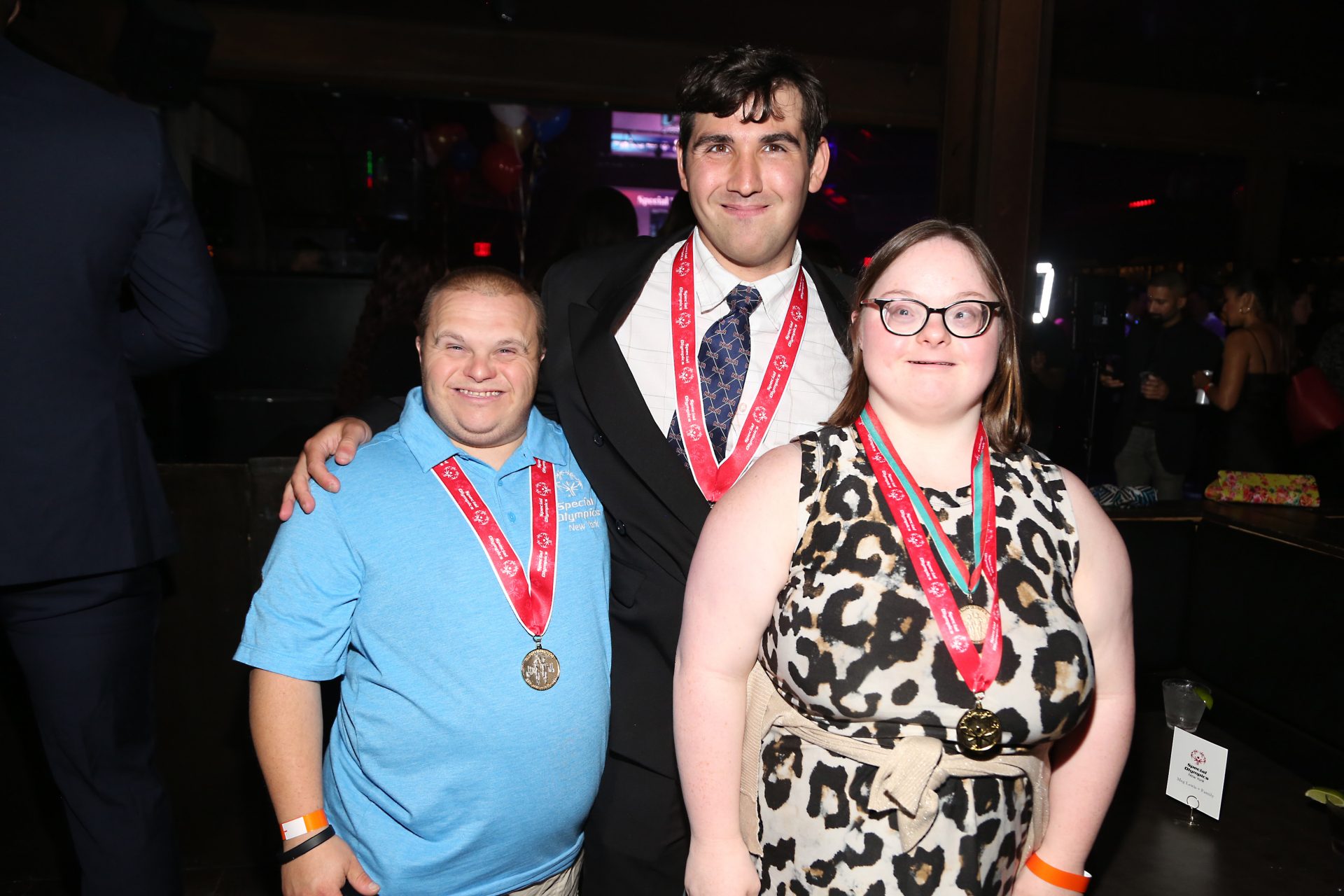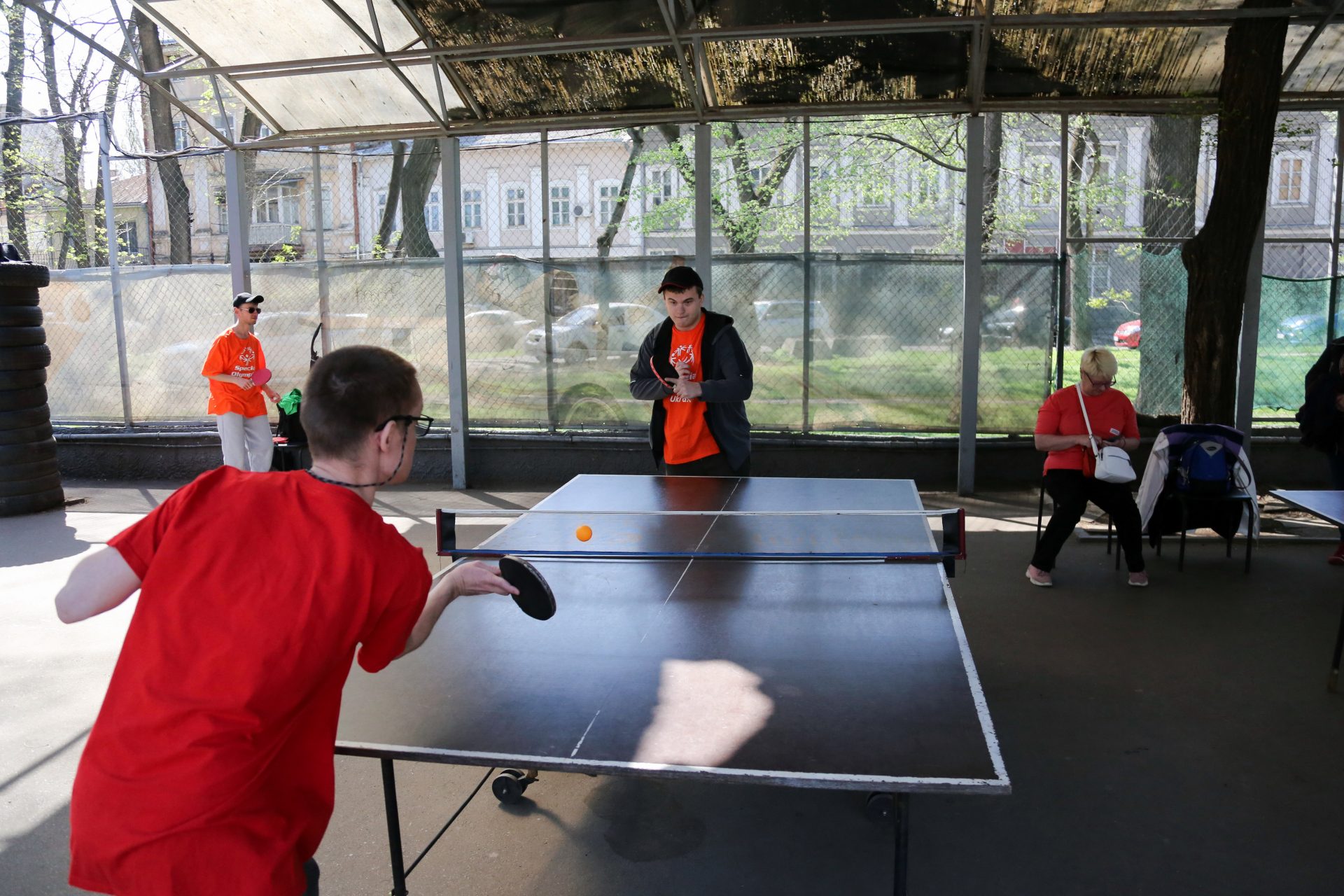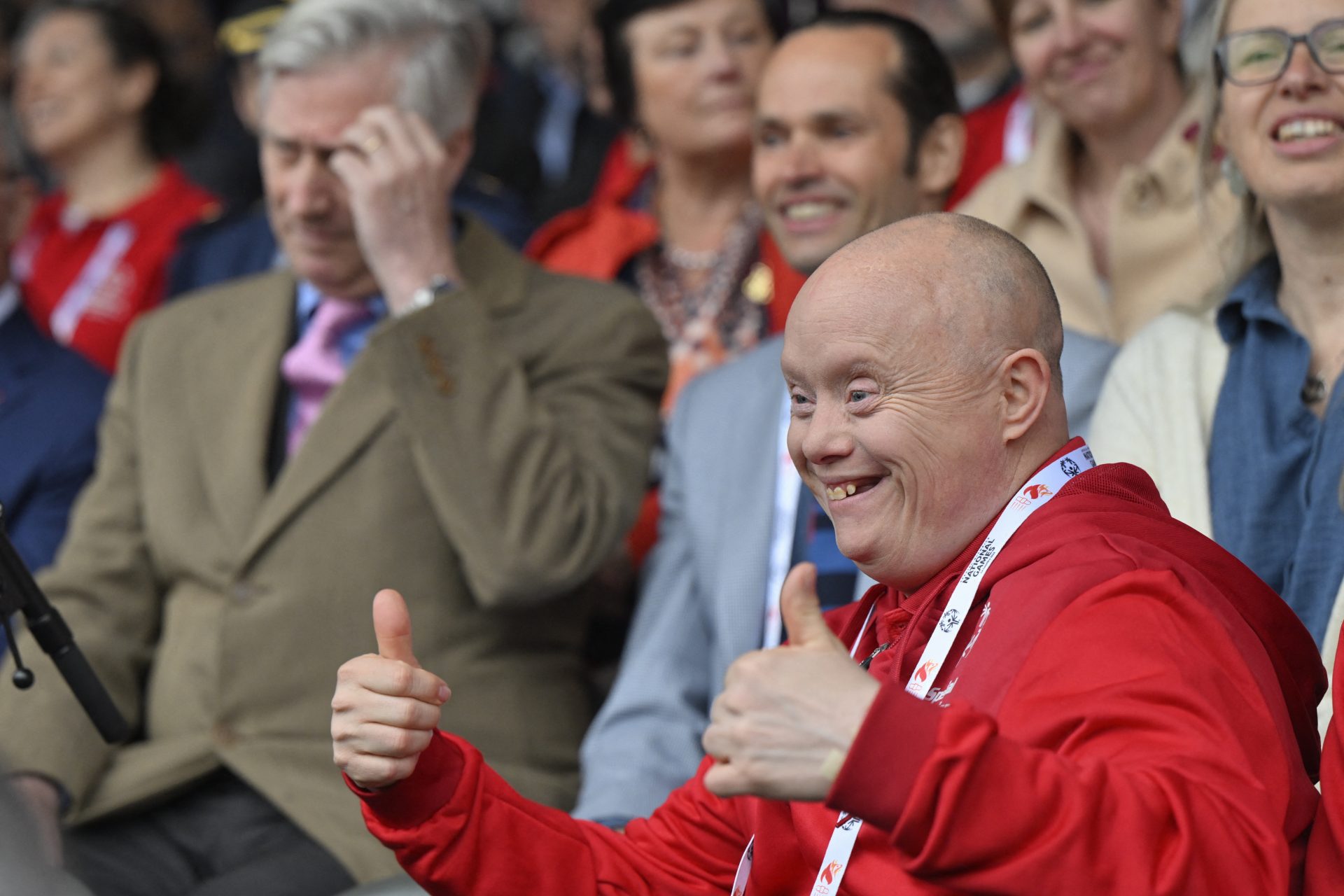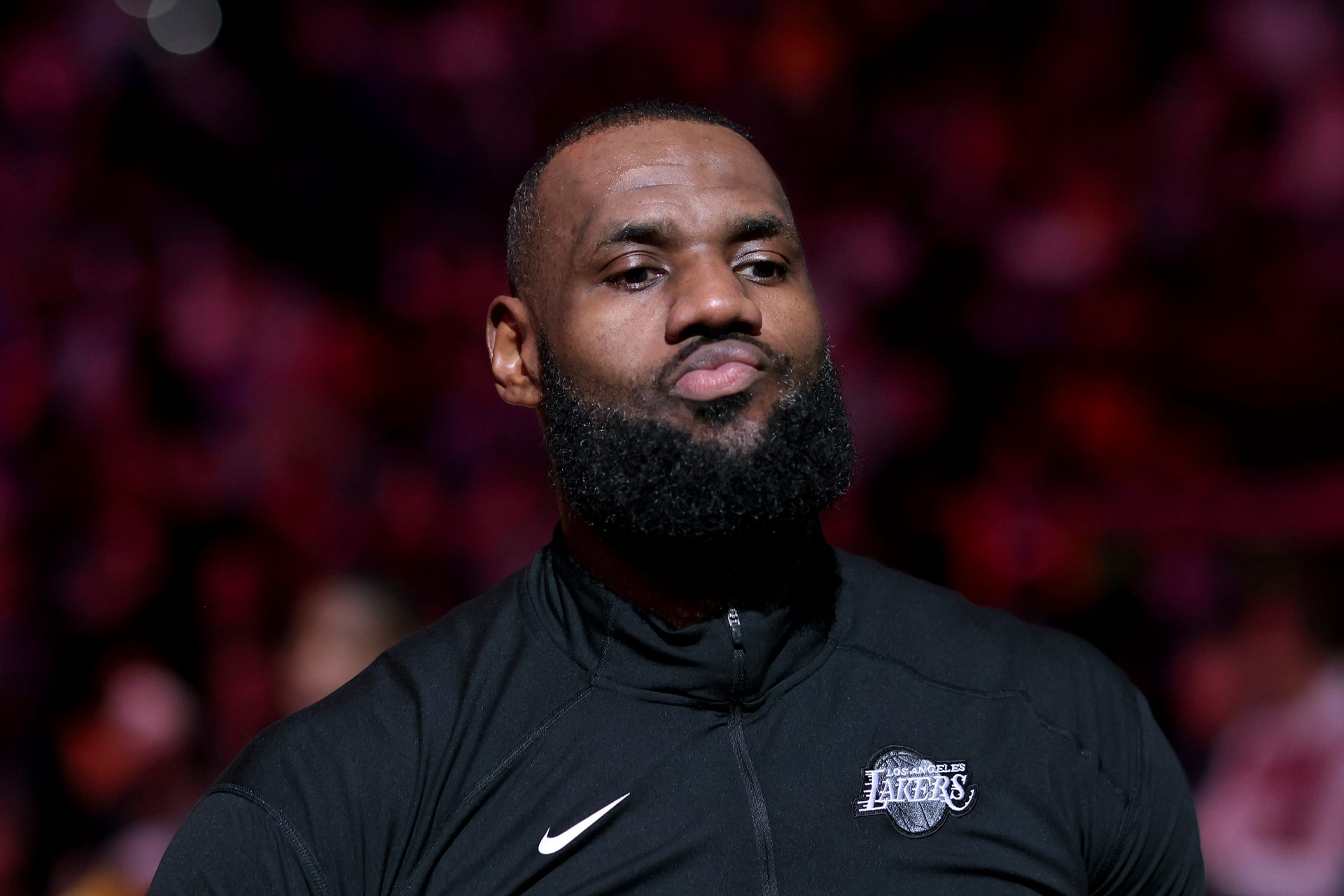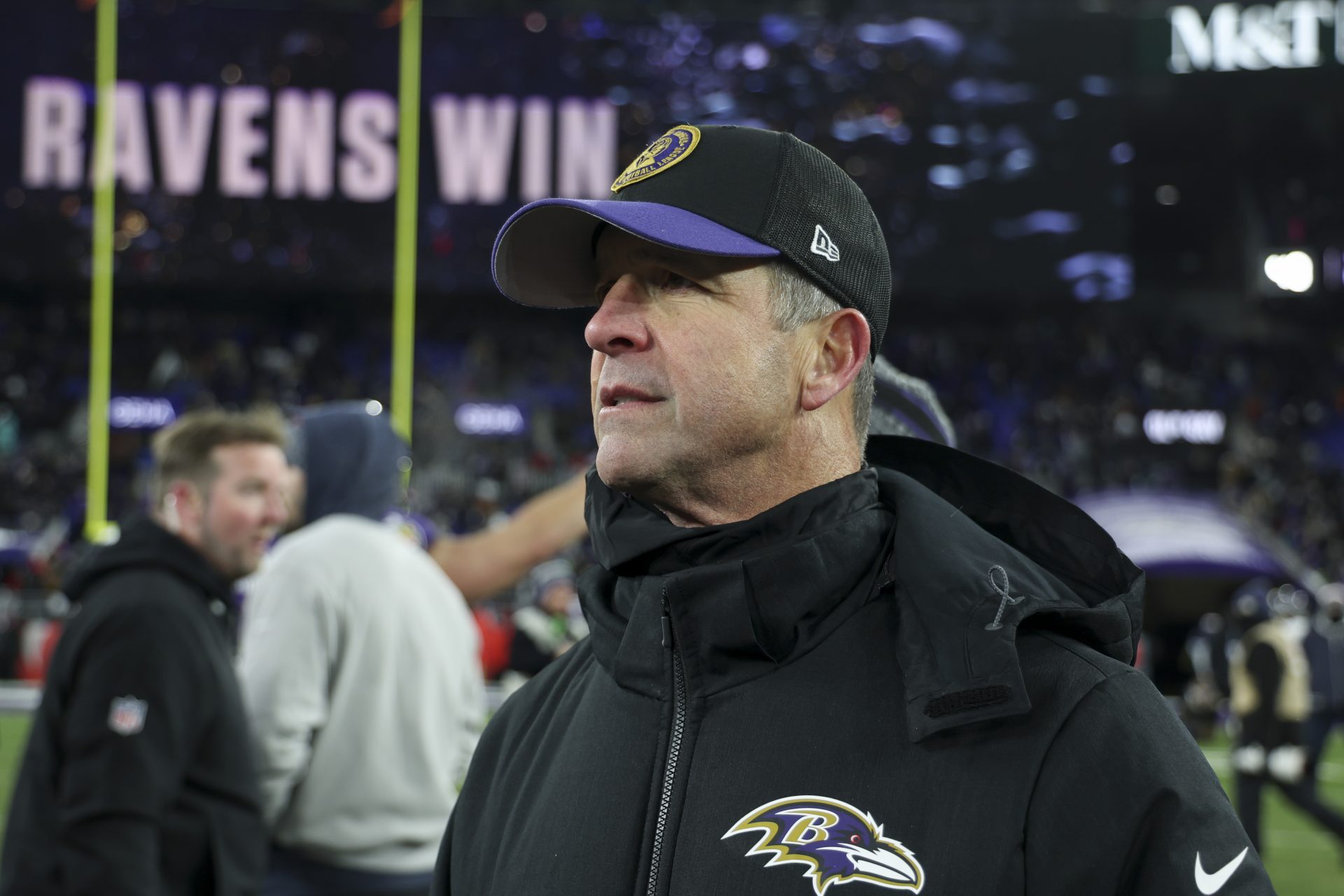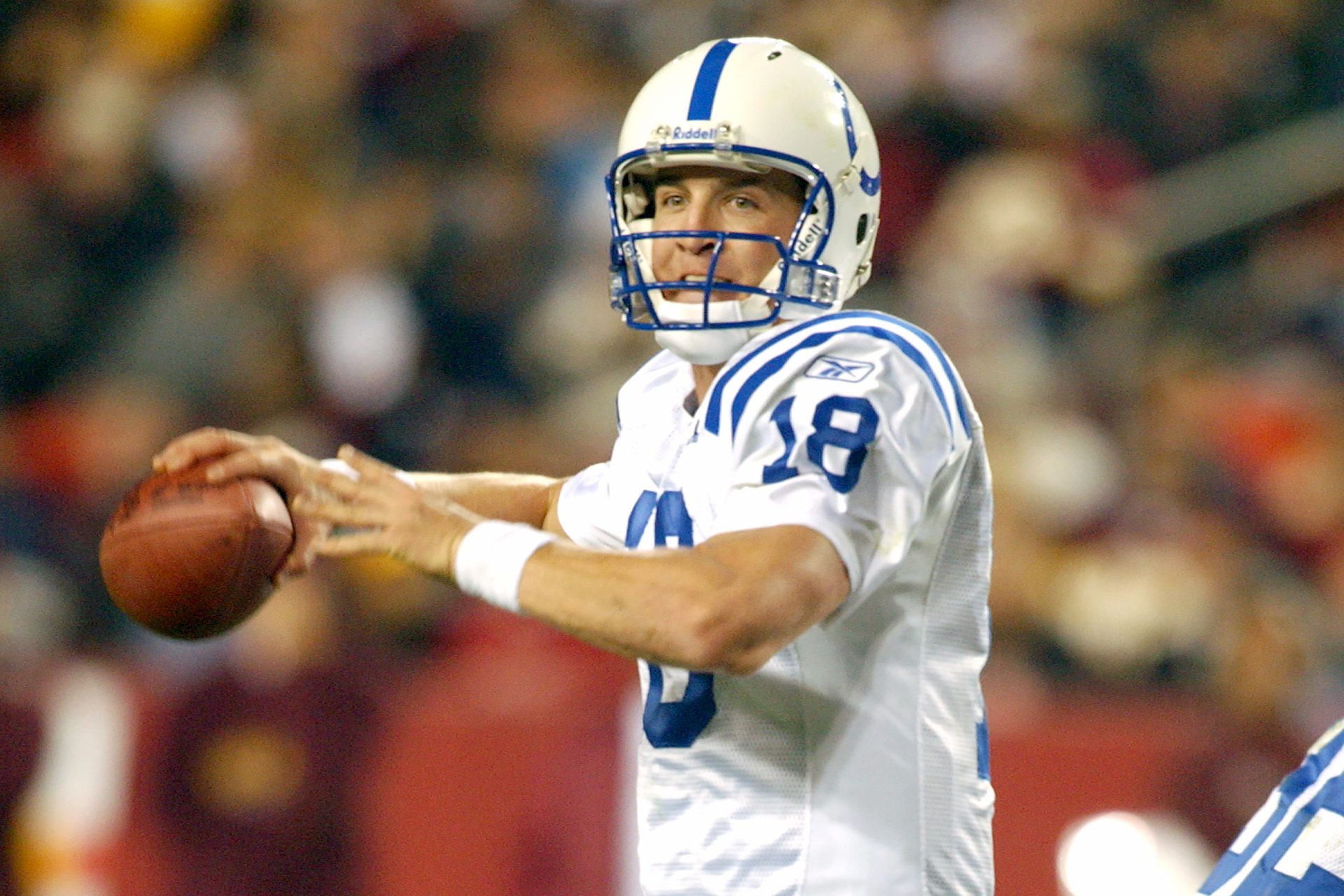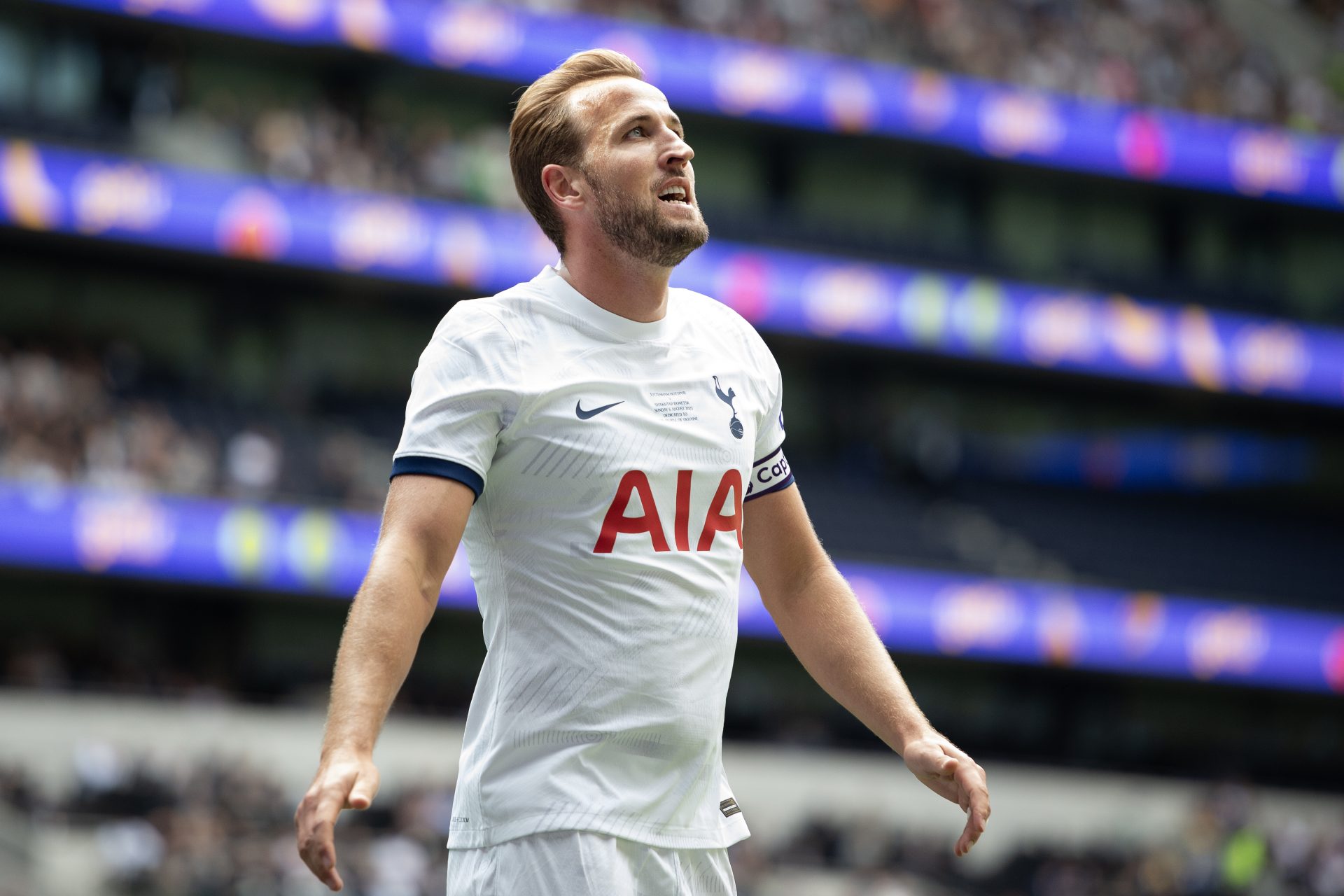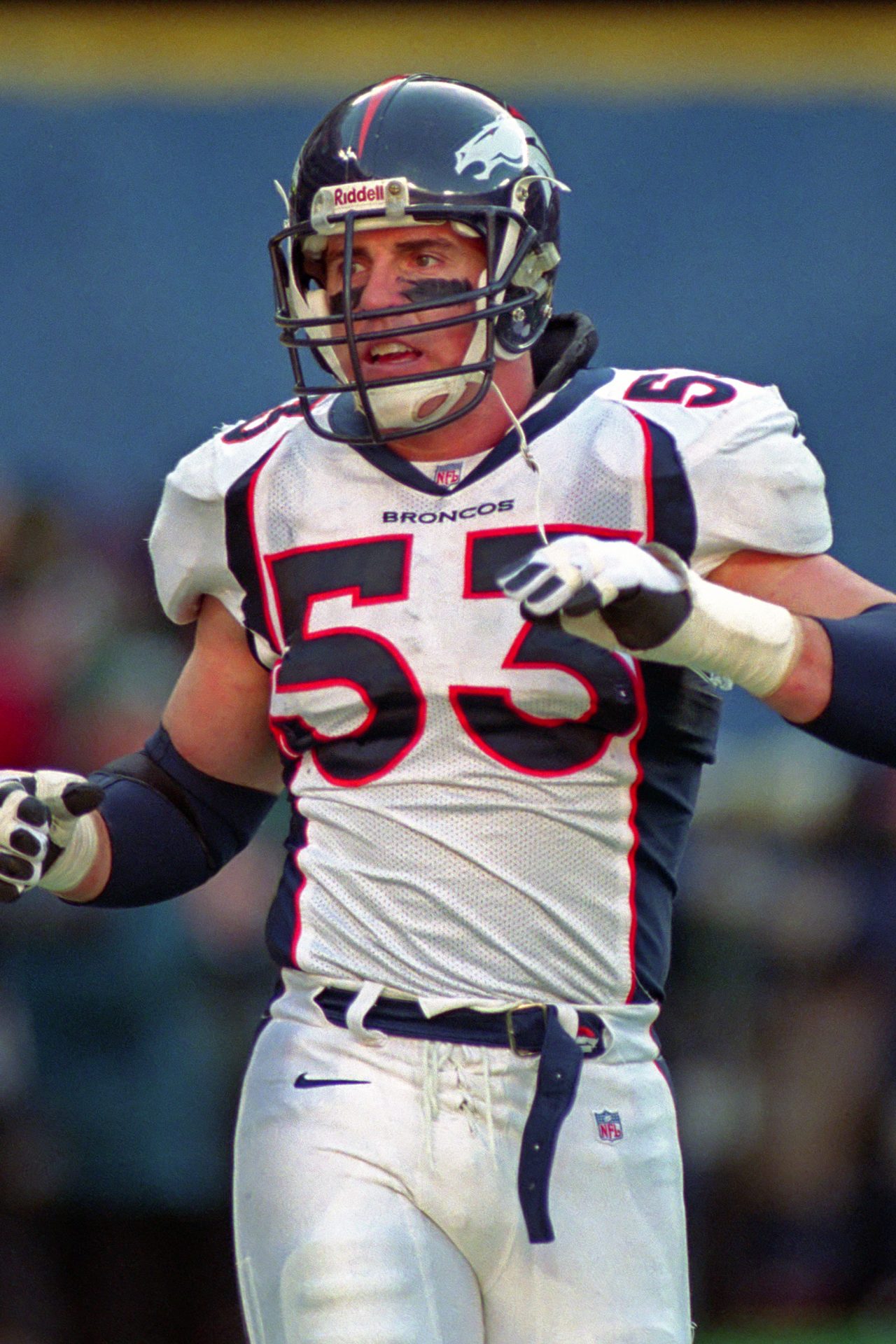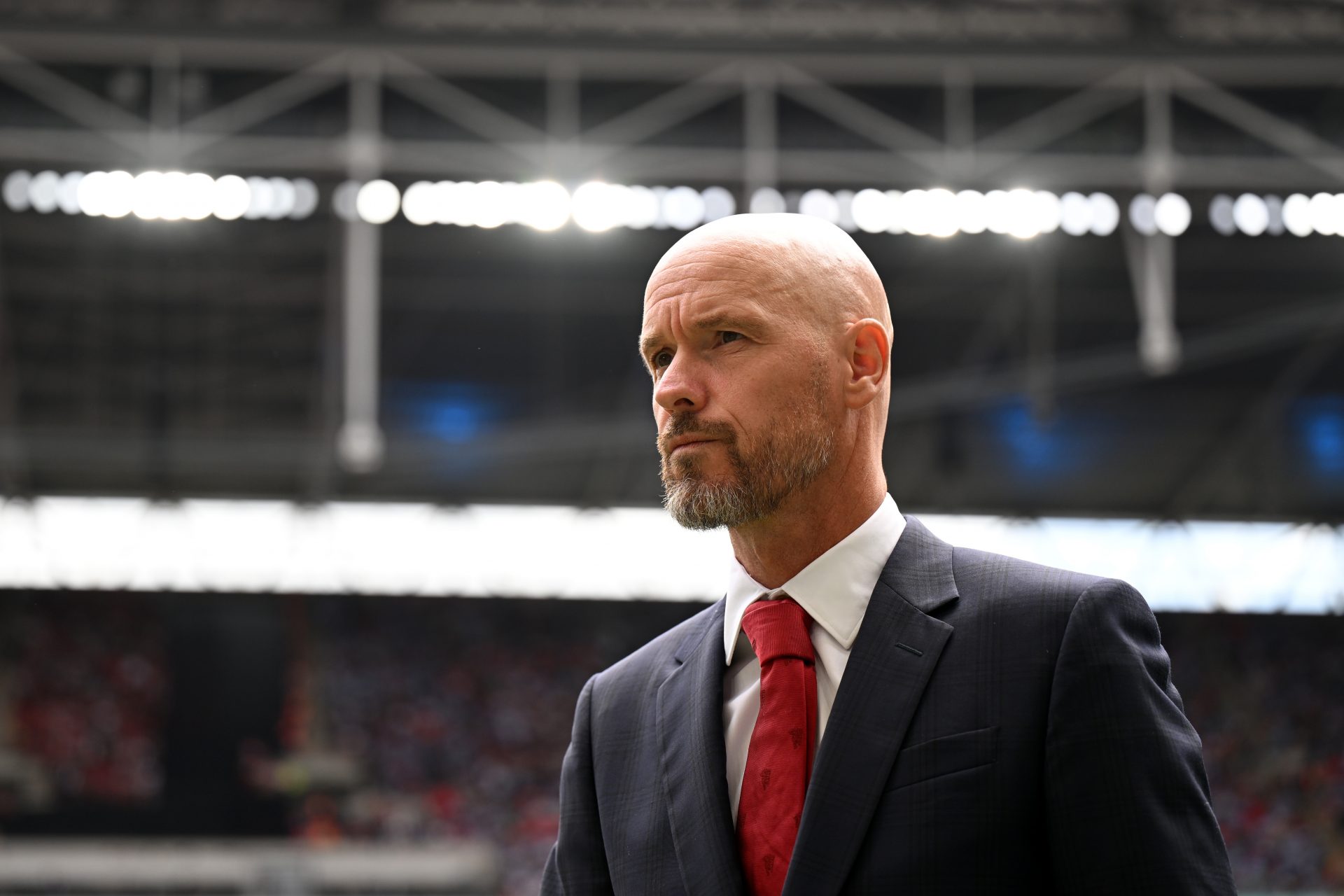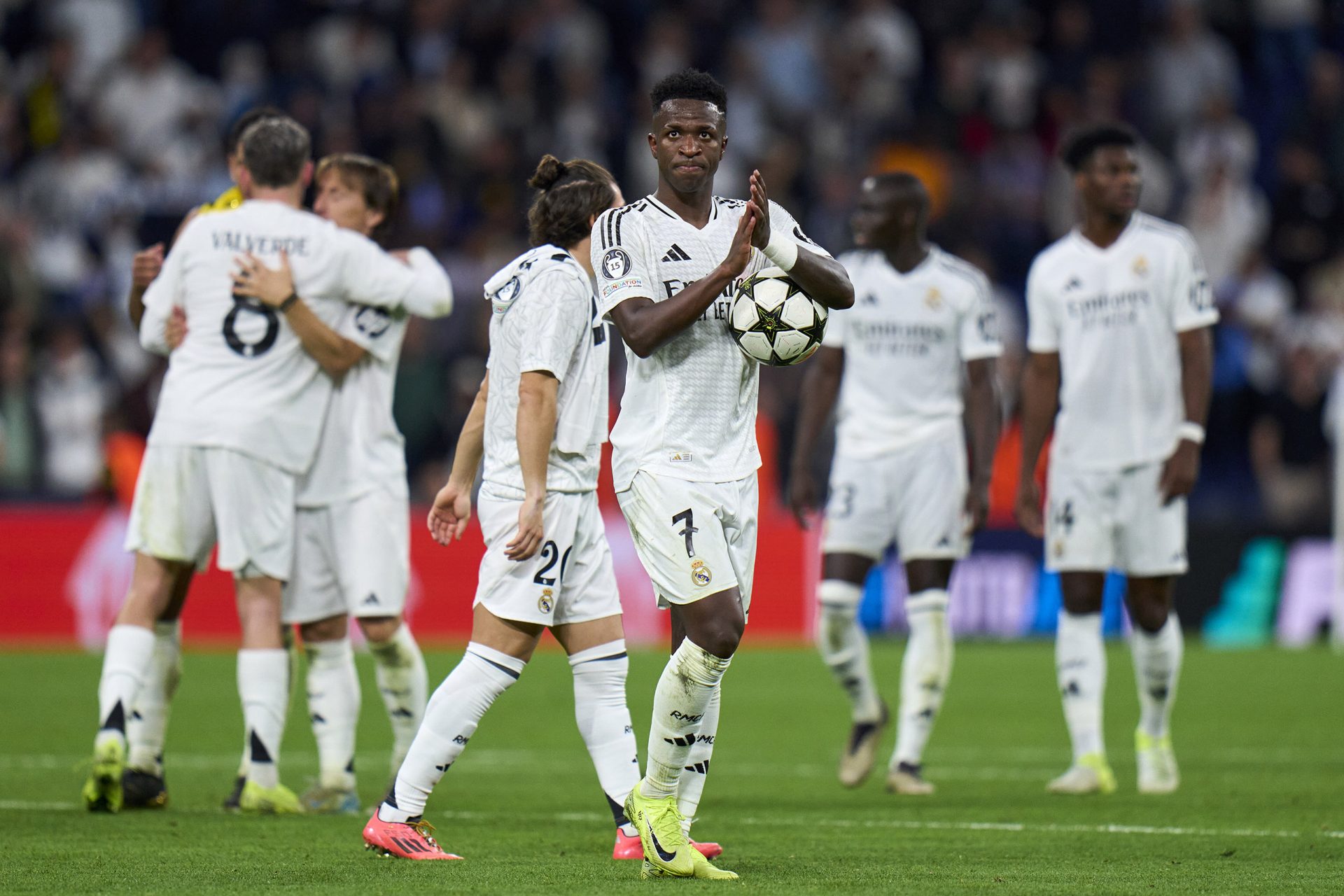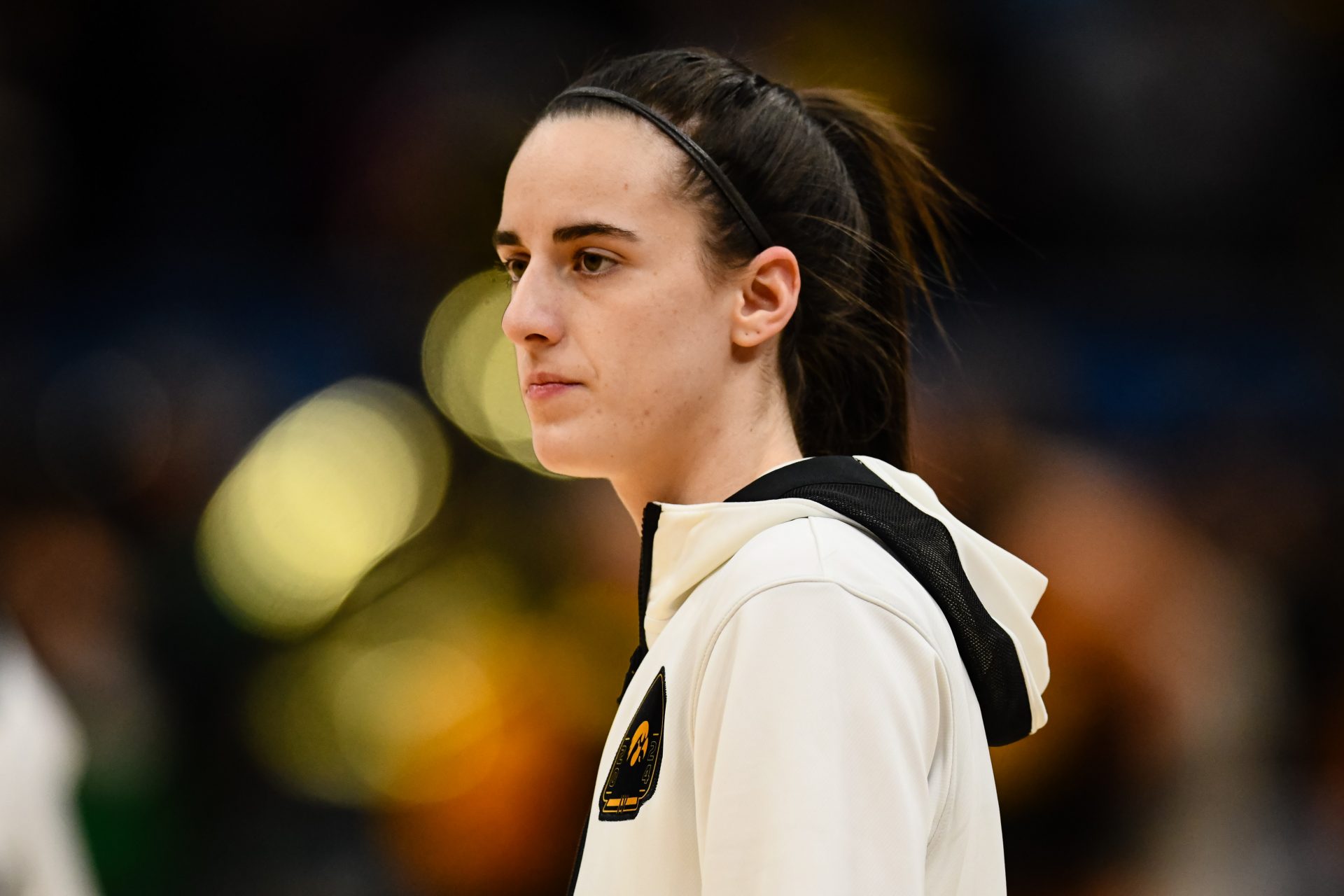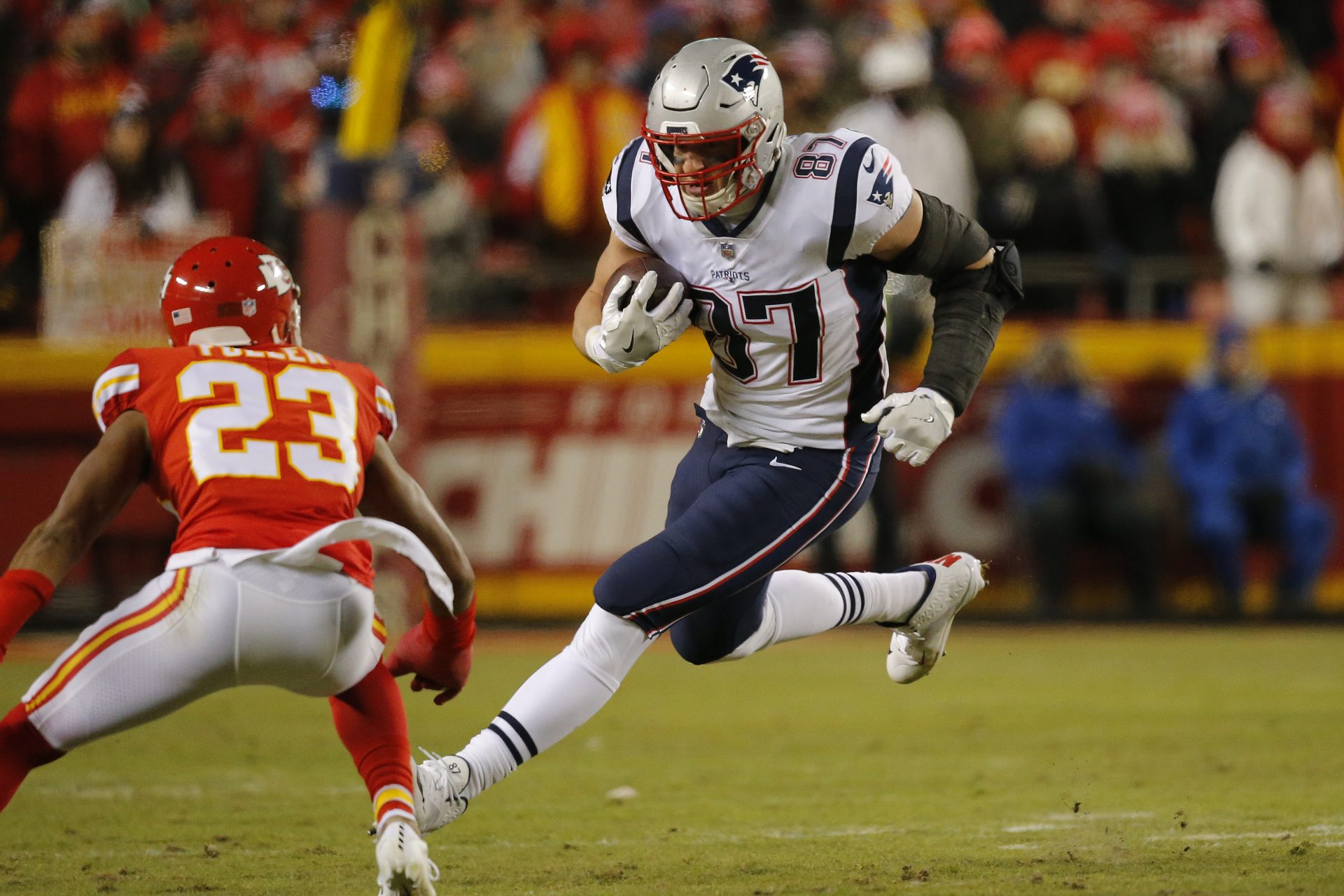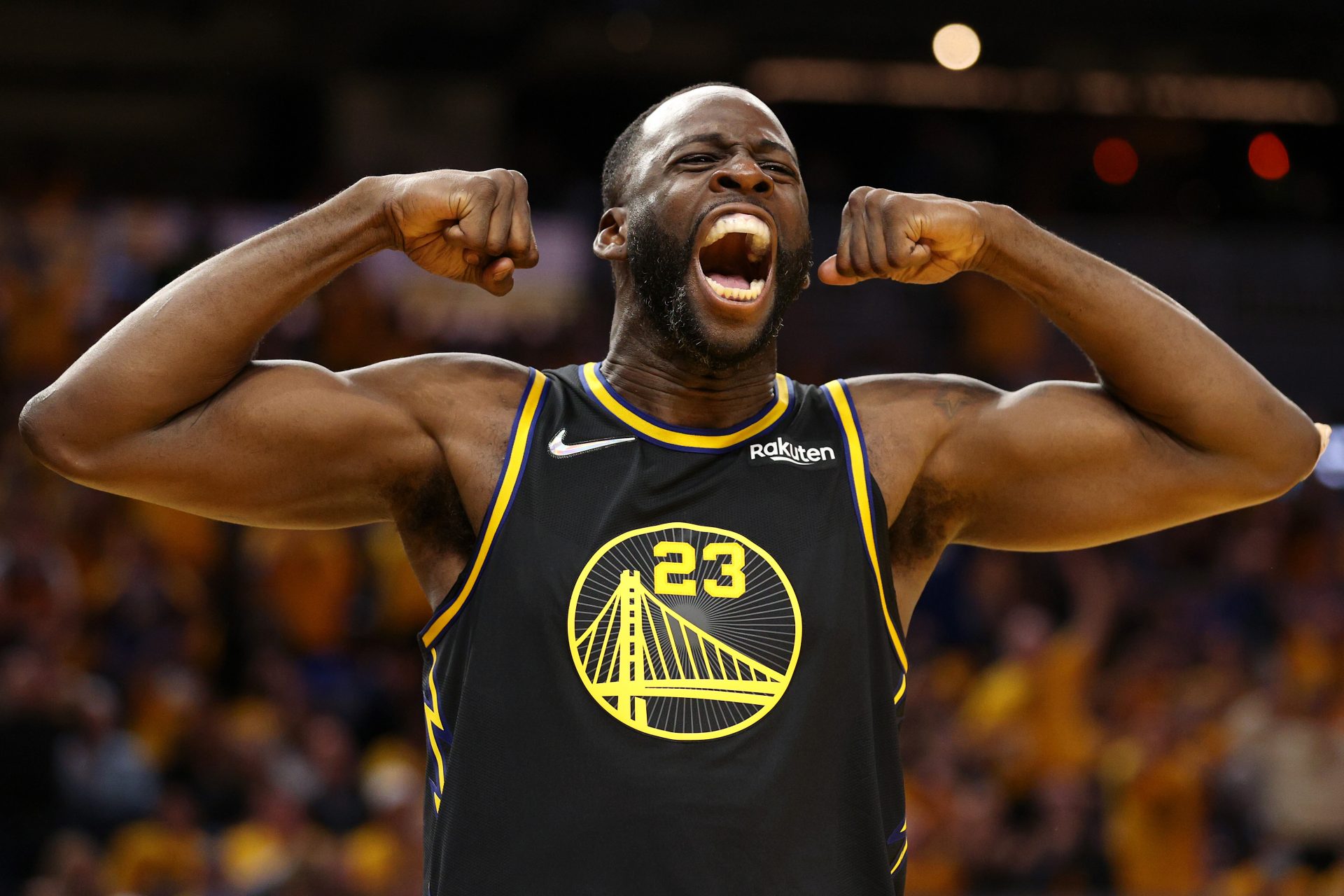No athletes with Down syndrome competed in the Paralympics, but why?
At the 2024 Paralympics, athletes with all kinds of disabilities competed, except for people with Down syndrome, but why?
Just like in the past, it's virtually impossible for athletes with Down syndrome to compete at the Paralympic Games because of the class system.
While people with one leg can compete against people with two, people with Down syndrome don't get their own class; in fact, they are part of the intellectual disability classification.
Want to see more like this? Follow us here for daily sports news, profiles and analysis!
Unfortunately for athletes with Down syndrome, each Paralympic event has only one classification for people with intellectual disabilities, making it extremely difficult to compete against athletes with fully able bodies.
According to Le Monde, in practice, Down syndrome athletes never seem to qualify, as their performances remain inferior to those with intellectual disabilities. It's more accurately termed intellectual development disorder (IDD).
Why Down syndrome athletes struggle to compete is because of the additional physical handicap that is associated with Down syndrome, according to the International Federation of Adapted Physical Activity.
French swimmer Marie Graftiaux has been winning world championships in adapted para-swimming, winning in the 200 m breaststroke, 100 m and 200 m butterfly, 400 m medley, and various relays.
The 29-year-old has been present at the 2024 Paralympic Games, but not as an athlete. She is only there as a torchbearer and volunteer because her dream of competing at the Paralympics is so far away.
The athletes and their families want the Paralympics to follow a model similar to that of the VIRTUS Global Games, the world's biggest Games for people with IDD.
At the VIRTUS Games, athletes are divided into three classes: II1 (IDD), II2 (IDD associated with physical or sensory impairment), and II3 (autism spectrum disorders).
Want to see more like this? Follow us here for daily sports news, profiles and analysis!
According to the Paralympic website, the singular category at the Paralympic Games is athletes with an IQ of 75 or under.
According to Sporza, American researcher Jennifer Mooradian was critical of the Paralympics, saying: "Why do we think these athletes don't have the will or ability to compete? Are their times slower? Of course, but they still want to win."
The Special Olympics, not to be confused with the Paralympics, involves many athletes with Down syndrome and is organised every four years, but at a different time than the Olympic and Paralympic Games.
Many athletes with Down syndrome choose to compete in the Special Olympics because the focus is much more on fun than on performance.
Mooradian said, "People think the Special Olympics isn't real sport because it's inclusive, but why can't all sports be inclusive?" She adds, "We could offer sport on a spectrum where people can engage how they want with who they want."
How do you think the Paralympic Games can involve more Down syndrome athletes? Do you think it's unacceptable that the Games aren't more inclusive?
Want to see more like this? Follow us here for daily sports news, profiles and analysis!
More for you
Top Stories



